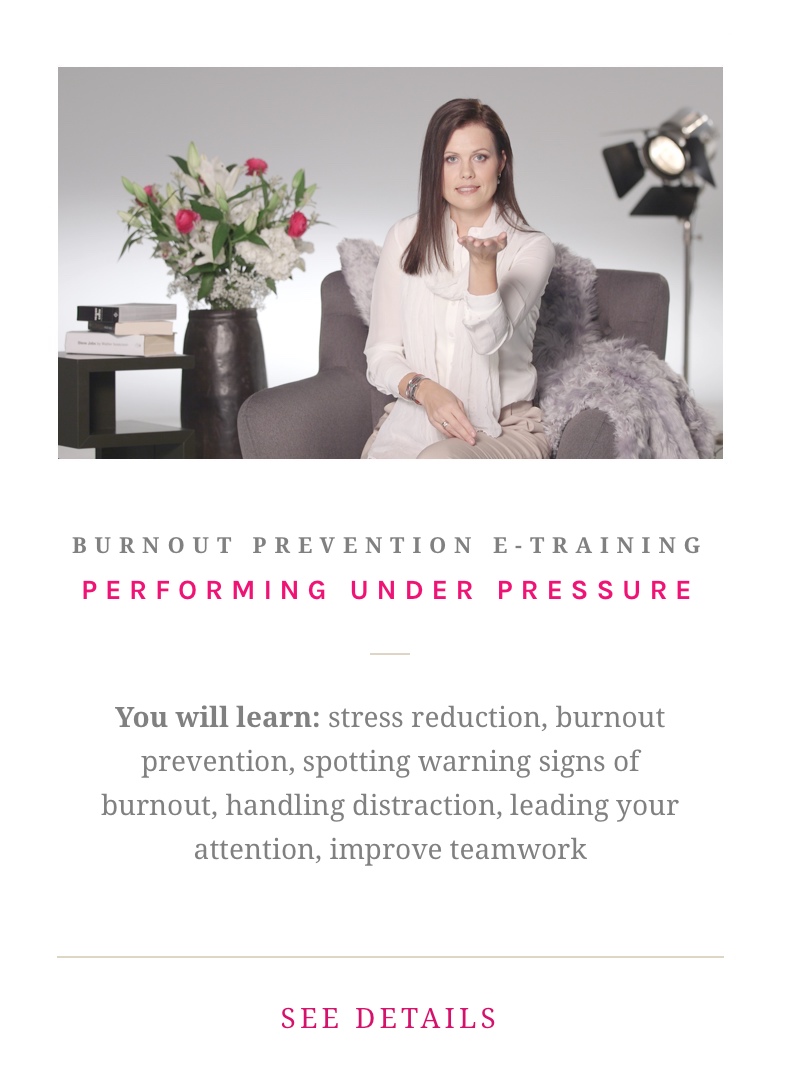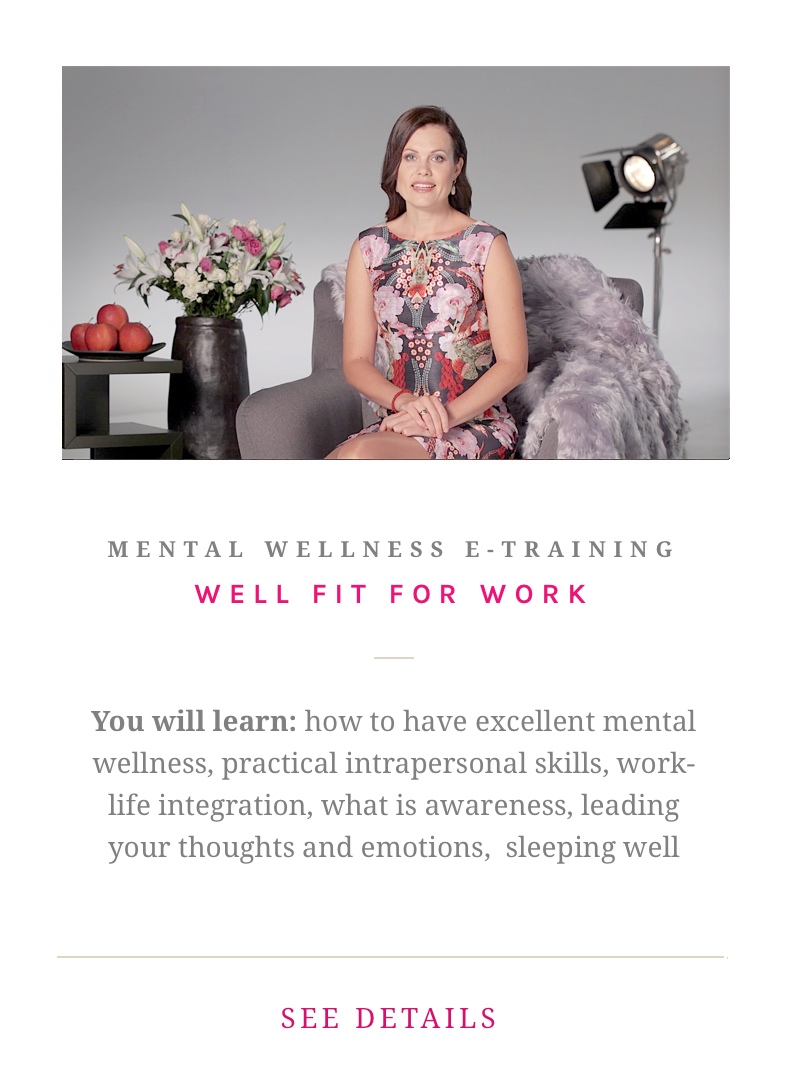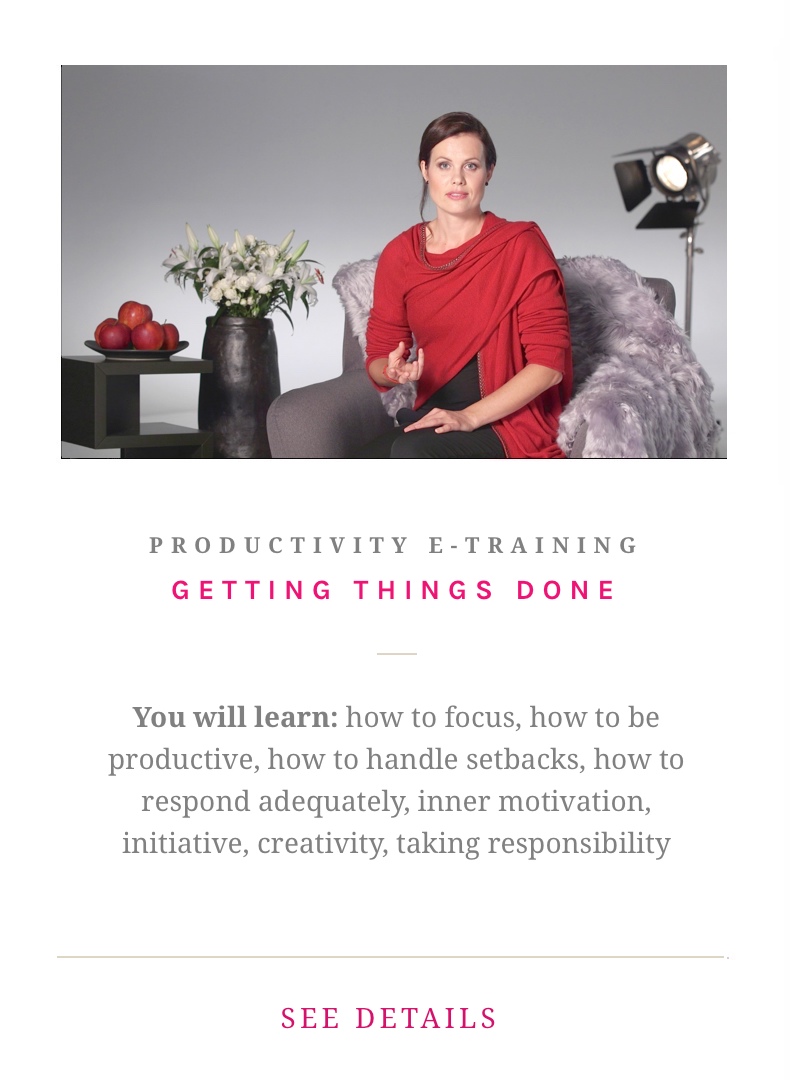Relaxation, in its essence, is the conscious and deliberate act of reducing physical and mental tension.
Your True Self, who you are at your core, is a totally relaxed being. That is why we call ourselves 'human beings'. Being fully present in your core is light and without tension. All our tensions are subconsciously learned.
Tensions are either mental, emotional or physical. All tensions come from identification with your body-mind and processes outside of your True Self.
Your True Self is unable to experience tension.
The state of relaxation allows you to get back in touch with your natural inner calmness. Relaxation is characterized by decreased physiological arousal, reduced cognitive load, and a sense of tranquility.
Relaxation restores inner harmony and equilibrium to the mind and body. You are not your body or mind.
You are more than your body-mind. When your physical body experiences tension, it influences your mind and vice versa. All mental and emotional tensions could slowly turn into physical tensions in your body.
Relaxation fades when you stop to identify yourself wrongly with your thoughts, imaginations, emotions, desires, different oppositions, etc. This wrongful identification is what makes you experience different inner tensions.
In the context of mental wellness and workplace wellbeing, relaxation shouldn’t be seen as a luxury, but a fundamental necessity for thriving and being constructive.
Tensions lead to health problems
Tensions, both mental and physical, are a major underlying cause of many health problems.
When stress accumulates without release, it creates a state of chronic tension both in the physical body and your mind. If this becomes a persistent strain, it can manifest in various ways, including headaches, muscle tension, digestive issues, and even cardiovascular problems.
Mentally, unresolved tensions contribute to anxiety, burnout and emotional exhaustion. When such exhaustion becomes chronic and overwhelming, it can lead even to depression, anxiety disorders and other mental health issues.
Many of our mental and physical health issues originate from slowly developed inner tensions.
Our physical body’s natural response to experiencing stress and inner reactivity in any form is to tighten muscles, increase heart rate, and elevate stress hormone levels. When these responses become habitual, they wear down the body's resilience, making individuals more vulnerable to illness.
Mental tensions, like chronic mental stress, weaken focus and the ability to lead thoughts and emotions at will. Also, inner tensions reduce access to creativity and decision-making abilities, affecting both personal and professional life.
Addressing tensions proactively through improving your self-awareness and intrapersonal skills is essential. Learning to release stress through self-monitoring and applying intrapersonal skills is crucial to keeping your mind and body well.
Benefits of relaxation and training your mind are that they allow conscious self-observation and inner regulation of intrapersonal processes, which is why those should be part of workplace mental wellness strategies.
The Mental Wellness Perspective
From a mental wellness perspective, relaxation is a cornerstone of mental and emotional regulation and resilience.
In fast-paced offices and work situations, the constant barrage of external stimuli and demands can overwhelm our cognitive resources.
When you lose your inner calmness and your mind becomes reactive, it leads to chronic stress and burnout (which has in the final stage 86-92% overlap with depression). Anxiousness and worry again can lead to anxiety disorders. All work-related mental health issues are fully preventable, but demand learning intrapersonal skills while you are well.
Commonly known relaxation techniques are conscious breathing and observation of breath, meditation and mindfulness practices. Those are easier in quiet environments than in busy work environments, and that is why people skip them.
Training intrapersonal skills and applying those skills is a more efficient way to deal with inner pressure. You have the power to lead your thoughts, imaginations, and emotions at will, but you need to understand how exactly you can lead your own inner processes.
Thoughts fail to lead emotions, and emotions can cause certain thoughts, but are not useful for leading thoughts either. However, your awareness gives you the power to stop misguided mental chatter and quiet the internal critic.
Awareness allows you to notice when you get tired. Conscious choice allows you to take a break and reconnect with your silent self. Intrapersonal skills empower you with the inner capacity to monitor and change situations. This is doable with open eyes in work situations. Of course, provided that you learn such skills.
Intrapersonal skills are the solution for stress reduction and securing mental wellness.
When you relax, you activate the parasympathetic nervous system, the body's "rest and digest" response. This counteracts the "fight or flight" reactions of the sympathetic nervous system, which is triggered by stress.
Physiologically, relaxation and being calm and present result in a slower heart rate, lower blood pressure, relaxed muscles, and a more balanced breathing pattern.
Mentally, relaxation reduces compulsive negative thoughts and overwhelming emotions, fostering a clearer and more focused mind. This state of calm not only improves emotional stability but also enhances cognitive performance, decision-making, and overall mental resilience.
Inner calmness and more relaxed behaviors increase your clarity and focus.
A calm mind is relaxed even when it works purposefully or leads the physical body amid busy daily activities.
The Workplace Wellbeing Perspective of Relaxation
In jobs that don’t require physical strain, relaxation of the mind plays a key role in sustaining productivity, creativity, and positive workplace relationships.
When physical effort is necessary, the body needs time to recover. Athletes always stretch and cool down after intense activity, yet in the workplace, many people skip this step. Without intentional relaxation, tension lingers and builds over time.
When you fail to take breaks or use those breaks to scroll social media or gossip and worry about worst-case scenarios, you lose your calm mind. An irritated and active mind leads to an increase in stress and inner tensions.
Both the physical body and the mind need pauses and relaxation. Relaxation is and needs to be a conscious choice to move away from inner reactions and busyness.
We remind you that stressors are fewer problems than your own inner reactions and lack of ability to relax and become centered in your core. When you lose your center and become involved in rapid emotional turmoil or run with a random train of thought to different negative or even disaster scenarios, you will become stressed.
Your inner reactivity can be present even when your physical body may be still. Have you noticed that you are in a peaceful situation, but worried and stressed? For example, you try to sleep, but re-experience daily events in your mind, and it builds enormous inner tension.
Your body and mind are with you 24/7. Both need to be trained, taken care of, and relaxed.
Where do tensions lead and how to relax at work?
It is wise to remember that chronic stress in the workplace often leads to burnout. Stress and burnout drop employee engagement, decrease job satisfaction and increase absenteeism.
91% of employees in the Cigna survey answered that their colleagues' stress impacts their work results.
By incorporating pauses and relaxation into the workday, employees can enhance their cognitive function, improve their decision-making abilities, and foster a more positive and collaborative work environment.
Workplace relaxation can take many forms, from short micro-breaks throughout the day to longer sessions of meditation or yoga. Even just a few minutes of closing your eyes or looking out the window at a distance instead of the computer screen can provide a refreshing reset.
What we recommend is relaxing mind health training. When you open the online learning environment, you can test yourself and learn new intrapersonal skills. All our trainings are relaxing and you can test what you learned after each session. You also self-evaluate your situation before and after finishing each training.
If you do physical work, remember that stretching can make a significant difference in reducing physical tensions and boosting energy levels in the physical body.
Employers can also promote relaxation by creating designated quiet spaces and encouraging employees to take regular breaks or walks.
Walking meetings in a nearby park, along the riverside, or by the sea can be a refreshing alternative to artificial lighting and air-conditioned office spaces. They help reduce tension, promote natural movement, and prevent the stiffness coming from prolonged sitting.
The Importance of Taking Pauses to Keep Stress Away
The concept of taking pauses is central to effective stress management. In a world that often equates busyness with productivity, taking breaks can feel counterintuitive. However, research consistently demonstrates that regular pauses are essential for maintaining optimal cognitive function, mental capacity to think rationally and critically, and secure emotional wellbeing.
When we work continuously without breaks, our cognitive resources become depleted, leading to decreased attention, impaired memory, and increased errors. As mentioned earlier, this can result in a cycle of stress and burnout.

Taking regular pauses allows our brains to rest and recharge, improving our ability to focus and perform at our best.
Pauses also provide an opportunity to disengage from work-related stressors. If you add using intrapersonal skills to manage your stress effectively, you build resilience and the ability to adapt to different challenges.
How Relaxing Helps to Remove Anxiousness
Anxiety is often characterized by a racing mind, physical tension, and a sense of impending doom. Relaxation techniques can help to alleviate these symptoms by interrupting the cycle of anxious thoughts and physiological arousal.
Becoming more aware of our thoughts, feelings, and bodily sensations allows us to identify and manage stress and anxiety triggers more effectively. This heightened awareness directly contributes to reduced stress and anxiety levels, as we can proactively address stressors and worries before they escalate.
Furthermore, awareness and intrapersonal skills empower you to recognize and respond to your emotions more skillfully and adaptively, leading to improved emotional regulation. This prevents anxiety disorders and other mental health issues.
Awareness and intrapersonal skills improve work and communication
Awareness improves the human ability to communicate effectively and build stronger connections with others, enhancing our relationships. When we know that others around us understand and truly support us, anxiousness and stress are reduced.
The benefit of any workplace is that there are other people around you. Ask for help when you need it. Be bold and present your ideas; not all of them may fly, but when you calmly explain your way of doing things, you can stay true to your core and remain calm.
When you are pushed out of your core, you become tense and start feeling inner pressure. When you take on tasks that you don't have time for and skills for, it causes worry, anxiety or stress. So, learn to say "no" when you can’t take something on. Remember, an honest "no" is less problematic than taking on something that you don't have time for and/or skills for.
If you need to learn something new, plan time for it. The better your intrapersonal skills, the easier it becomes to learn new professional skills.
Your quiet mind allows you to observe and be more present. Through inner silence and a relaxed mind, you can tap into your creative potential and intuition, resulting in increased innovation.
Awareness and awareness-based intrapersonal skills also allow you to make more informed decisions by considering all relevant factors. This reduces worry, anxiousness, and stress.
Awareness can help us connect with our human values and live a more meaningful life, leading to a greater sense of purpose.
The 9 benefits of awareness and intrapersonal skills include:
- Ability to spot and reduce stress. By becoming more aware of your thoughts, feelings, and bodily sensations, you can notice stress triggers and stop reacting to them. The more you notice and the calmer your mind is, the more effectively you can choose a conscious response.
- Improved leadership of emotions. Awareness allows you to recognize and respond to your emotions more skillfully and adaptively. Awareness creates a space between you and emotions, allowing emotional regulation or letting go of irrelevant and negative emotions at will.
- Increased compassion and empathy. By observing your thoughts, imaginations, feelings, and physical body without inner judgment, you can develop a greater sense of self-acceptance and compassion. When your inner processes are not reactive, you can listen and become more empathetic.
- Enhanced attention and cognitive functioning. Awareness and awareness-based intrapersonal skills improve your attention span and allow you to focus as long as needed (even in an open office environment). A calm mind is the key to accessing creativity and intuition and making wise decisions. By quieting the mind and becoming fully present, you can tap into your full creative potential.
- Improved human relations. Awareness allows you to listen and to communicate your ideas and insights more calmly. When you remain calm and lead yourself with ease, without being stuck to inner reactivity, you can build stronger connections with others.
- Enhanced and more conscious decision-making. Awareness allows you to notice, analyze, and make more informed decisions. When your inner reactions cloud your constructive thinking with obsessive thoughts and negative emotions, you fail to consider relevant factors and notice how to solve challenges. Awareness is silent in its core essence, allowing observation and conscious action that is undisturbed by old behavior patterns.
- Improved health and resilience. Awareness-based intrapersonal skills allow you to spot and let go of all mental and emotional, and physical tensions. Calming your mind and relaxing your body allows a reduction in stress hormones, which in turn keeps healthier blood pressure levels, improves immune system function, and reduces the power of physical pain. Relaxing your mind and body leads to healthier sleep and work patterns. Tensions build tensions, relaxation allows observation and conscious decisions to choose what you eat, how you train your mind and body, and how you regulate your work schedules. By using intrapersonal skills to manage your inner reactions effectively, you can build resilience and the ability to adapt to challenges. A resilient mind is a calm mind that is aware of the situation and oriented towards solutions without taking things personally.
- Seeing the big picture and understanding your role in every situation. When you are connected with your True Self, you notice how you can contribute and live a more meaningful life by using awareness-based intrapersonal skills as your inner tools. Life in general supports contributions, but only if you can let go of your inner reactivity and see why you are given opportunities and challenges that you can solve for the benefit of others. Once you take full responsibility, you find that in return, life supports you and your wellbeing. The ability to respond is what makes you free and allows a meaningful life.
- Increased inner joy and wellbeing. By cultivating a sense of calm and becoming fully present, you can experience the peaceful inner joy that emerges from your core. You no longer need to change your happy emotions and can make conscious decisions and use your free will.
Conclusion
Learning to relax isn't about passiveness; it is about conscious relaxation of your mind and body. Understanding your intrapersonal activity and how to restore inner calmness is what relaxes your mind. A relaxed mind seeks to relax the physical tensions.
Relaxation is an active and essential component of mental wellness and workplace wellbeing.
By incorporating relaxation into your work and life schedules, you can cultivate a greater sense of calm, clarity, and resilience.
Taking regular pauses is vital for preventing stress accumulation and maintaining optimal cognitive function. By developing awareness and intrapersonal skills, you and your team can unlock a wealth of benefits that contribute to a more fulfilling and harmonious life.
|


.jpg)



